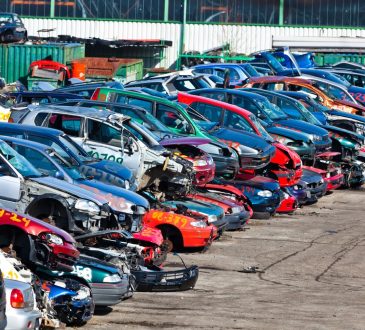
An engine misfire occurs when one or more of the engine’s cylinders fail to ignite the fuel-air mixture properly. This can result in a rough idle, loss of power, poor fuel efficiency, and the illumination of the “check engine” light. Misfires can be caused by several factors, such as faulty spark plugs, worn-out ignition coils, or fuel delivery issues. However, one often-overlooked cause of engine misfires is problems within the exhaust system. Issues such as a clogged catalytic converter, exhaust leaks, or a malfunctioning oxygen sensor can disrupt the combustion process, leading to misfires.
Exhaust Blockages and Backpressure
Exhaust system blockages, such as a clogged catalytic converter or muffler, can create excessive backpressure in the engine. This increased backpressure can negatively affect the exhaust gases’ flow, which in turn reduces the engine’s ability to expel exhaust efficiently. When exhaust gases are not properly cleared out, it can lead to a misfire as the engine struggles to complete its combustion cycle. The pressure builds up in the cylinders, causing incomplete combustion and poor engine performance.
The Role of the Oxygen Sensor
The oxygen sensor is a critical part of the exhaust system that monitors the amount of oxygen in the exhaust gases. It communicates with the engine control unit (ECU) to adjust the air-fuel mixture for optimal performance. If the oxygen sensor malfunctions or gets clogged due to an exhaust issue, the engine may not receive accurate data about the air-fuel ratio. This can result in a lean or rich mixture, causing the engine to misfire. Additionally, a damaged oxygen sensor can trigger the “check engine” light, alerting the driver to an issue within the exhaust system. Call the Auto Repair in Savannah, GA based service for all supports here.
Exhaust Leaks and Unstable Combustion
Exhaust leaks can also contribute to engine misfires. When there is a gap in the exhaust system, the exhaust gases may escape before reaching the proper components, such as the catalytic converter. This disrupts the balance of the engine’s exhaust gases, causing improper combustion and leading to misfires. The vacuum leak effect from an exhaust leak can lead to unbalanced air-fuel ratios, ultimately causing the engine to misfire during acceleration or idling.
Diagnosing and Addressing Exhaust-Related Misfires
If your engine is misfiring and you suspect an exhaust issue, it’s crucial to address the underlying problem promptly. A mechanic will typically inspect the exhaust system for blockages, leaks, and damaged components like the catalytic converter or oxygen sensor. Regular maintenance, including exhaust system inspections and addressing minor issues before they escalate, can prevent engine misfires and keep your car running smoothly.
In conclusion, while engine misfires are often linked to ignition and fuel system issues, problems within the exhaust system can also be a contributing factor. By understanding how backpressure, exhaust leaks, and malfunctioning sensors impact combustion, you can diagnose and fix the issue more effectively, ensuring your engine runs optimally.



